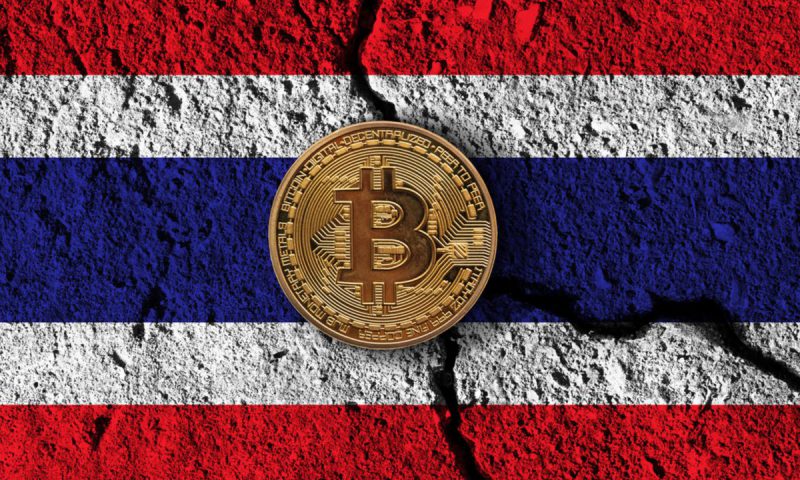Thailand has remained quite hostile when it comes to crypto. Back in Q1 this year, the Thai Securities and Exchange Commission announced a ban on the use of cryptocurrencies for payments. The same was done in an effort to carve out a regulated market for the general public. Alongside, the agency had also proposed a new rule that demanded the disclosure of information from crypto businesses—including dealers, exchanges, and brokers.
Read More: Thailand Bans Cryptocurrencies As A Means To Pay For Goods & Services
Now, in what is the latest development, the Thai SEC has opened its hearing on a critical crypto-centric issue. In an official release, it stated, that there were many foreign service providers who were facing liquidity problems, and to solve the same, they halted services and suspend withdrawals of digital assets of customers.
Resultantly, it has announced the prohibition of crypto business operators from taking deposits of digital assets and further using those digital assets to borrow and invest to pay the depositors. Alongside, it has also issued a prohibition against advertising or soliciting the general public or doing any other act in the manner of supporting deposit-taking and lending services.
However, those concerned and interested can express their opinions until October 17, 2022. The statement noted,
“The Office of the Securities and Exchange Commission (SEC) welcomes its opinions on the principle prohibiting digital asset operators from providing or supporting digital asset depository services that pay returns to depositors.”
The Zipmex tangent
A few weeks back, crypto exchange Zipmex was in the midst of a liquidity crunch. Due to its exposure in the Celsius Network and Babel Finance, its balance sheet was dented. Parallelly, it halted its withdrawals and suspend trading due to volatile market conditions. Post that, the Thai SEC spoke about the potential losses faced by the public. It further took feedback from the impacted Zipmex users.
Here it is worth recalling that Zipmex had resumed withdrawals of certain tokens in the phased manner a few weeks back itself, but the SEC did not remove the exchange from its hook. Exactly a week back, the SEC filed a police complaint against Zipmex and Akalarp Yimwilai—co-founder of the company and the CEO of its Thai unit. Per the official release, the exchange and its executive did not meet a deadline for delivering the information, triggering the SEC’s take action.
And now, the latest prohibition development only re-echoes that the Thai SEC is keen on cementing the regulatory front.





